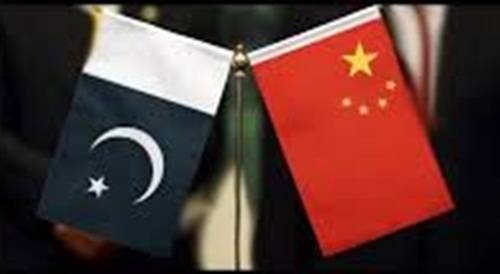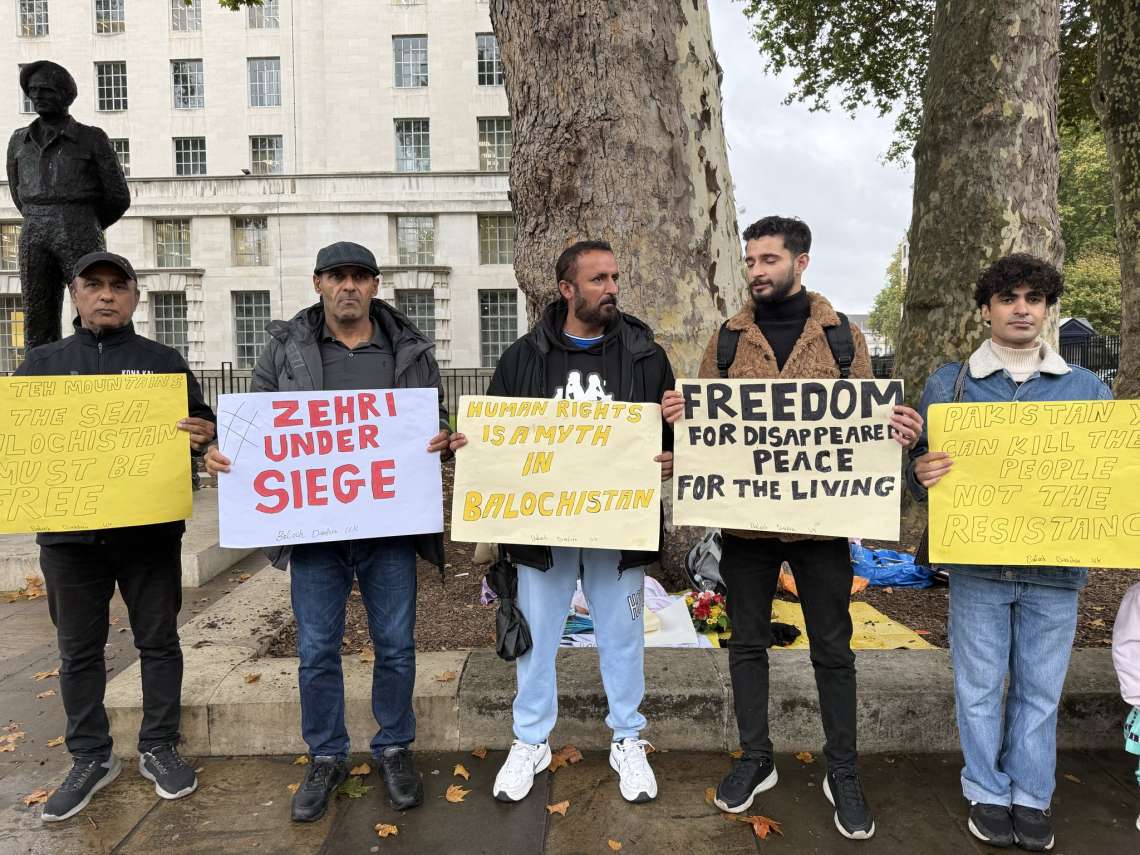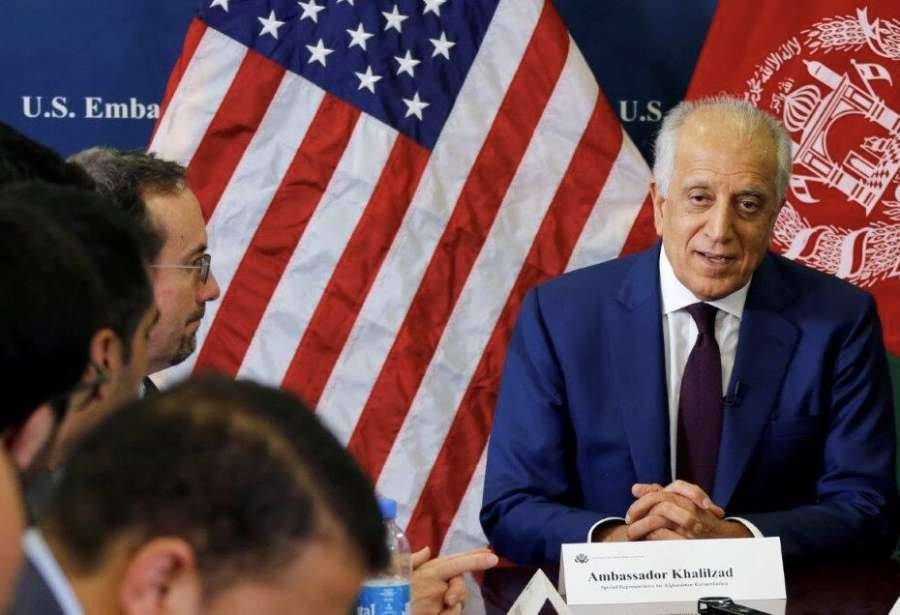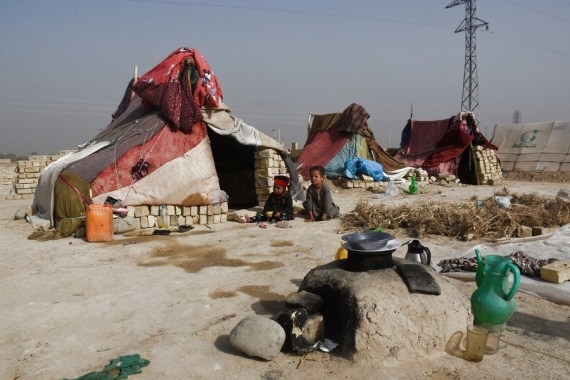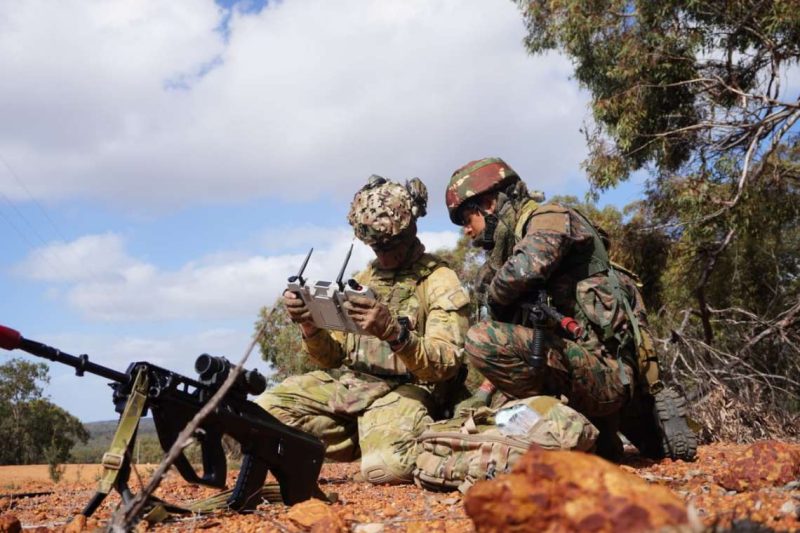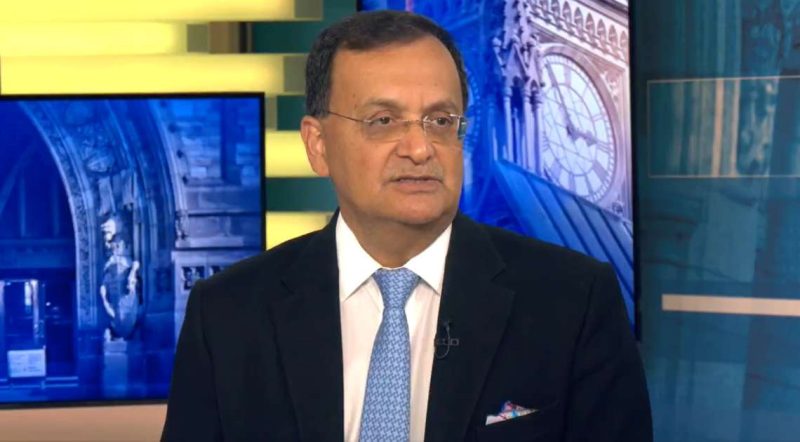There are also evident geopolitical dimensions to these attacks claimed by IS-K, as was the case with some early attacks attributed to the group….reports Asian Lite News
The purported use of ethnic Baloch and Uyghur suicide bombers in the Kandahar and Kunduz attacks claimed by IS-K suggests a message is being sent to two other neighbours of Afghanistan — China and Pakistan, TRT World reported.
Beijing is already alarmed by the rise in attacks on Chinese nationals in Pakistan, which has impacted its risk appetite for infrastructure construction and investment in Pakistan. The report said IS-K may be signalling that, like other militant outfits in the region, it could leverage marginalised ethnic groups to exert veto power over the shaping of the region’s economic geography.
China is pulling back from high-risk markets. And the risk that its nationals will be targeted by IS-K will force it to maintain a distance from Afghanistan. Efforts by the Taliban to address Beijing’s security concerns may inadvertently compound the problem for the former insurgent group, if it is seen as having conceded too much, the report added.
Through targeted terrorist strikes, IS-K – or those wielding the IS-K brand – has the potential to develop a veto power over China’s economic presence in Afghanistan, much like ethnic separatist groups in Pakistan have demonstrated, the report said. And in doing so, IS-K would jeopardise not just prospects for regional connectivity and trade, but also the very viability of the Taliban state.

Afghanistan is a resource-rich, conflict-ravaged, and infrastructure-poor country. It is highly dependent on foreign aid to finance its massive budget and trade deficits. The only real path toward financial solvency and sustainable economic growth is through extractives and transit trade. Chinese aid and investment would have to be an important part of this mix, though attracting inflows from Beijing will be a hard sell, the report said.
There are also evident geopolitical dimensions to these attacks claimed by IS-K, as was the case with some early attacks attributed to the group.
These attacks complicate the Taliban’s relations with Iran. Now in power, the Taliban bears the burden of protecting the population, including the Shia. But Tehran also sees itself as the defender of the world’s Shias, including in Afghanistan. And it has a proven willingness to resort to extraterritorial action, the report said.
Should the Taliban fail to curb attacks on Afghan Shias, Iran could bolster armed Shia groups in Afghanistan, including the Quds Force-run international Afghan Shia militia, the Fatemiyoun. At the same time, Taliban outreach to Shias provides material for IS-K propaganda, potentially enabling the latter to absorb disgruntled anti-Shia hardliners.
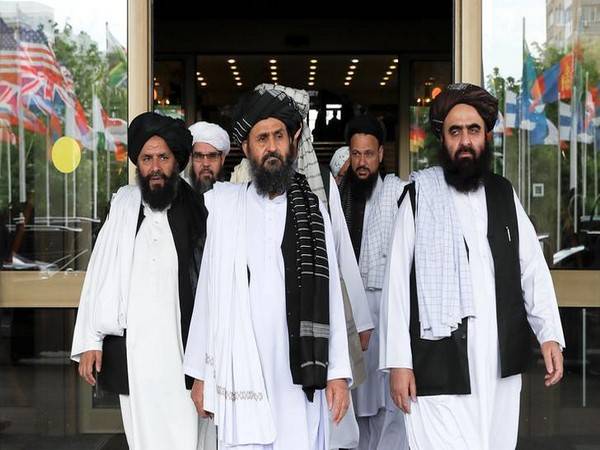
IS-K has little to lose by continuing to kill innocent Shias. But if it manages to draw Iran into the fray, it could Syrianise the Afghanistan conflict and benefit from the resultant realignment of jihadist forces in the region, the report said.
The group’s purported leader today, who goes by the nom de guerre Shahab al-Muhajir, is a man of mystery. There is very little reliable public information on him. IS-K has yet to release a biography of him, an image revealing his face, or a recording of his voice. Statements written in his name are read by a deputy. And while his nisbah, al-Muhajir, triggered speculation that he was possibly an Arab “migrant” from Iraq or Syria, some claim that he is actually a local.
In fact, a recent report by CBS News, citing unnamed security officials with the previous Afghan government, claims that al-Muhajir is not only an Afghan, but also a graduate of Kabul Polytechnic University. The report states that a raid by the previous regime’s security forces indicated that al-Muhajir had been in possession of a card “identifying him as a member of the Afghan army.”
The CBS News report, which is yet to be corroborated by other sources, also claims that al-Muhajir is actually operating clandestinely within the Taliban as an “imposter,” and even met with the Taliban’s deputy head of intelligence, who was unaware of his true identity. The deception allegedly extends to within IS-K ranks with the group’s own members meeting imposters purporting to be al-Muhajir.


